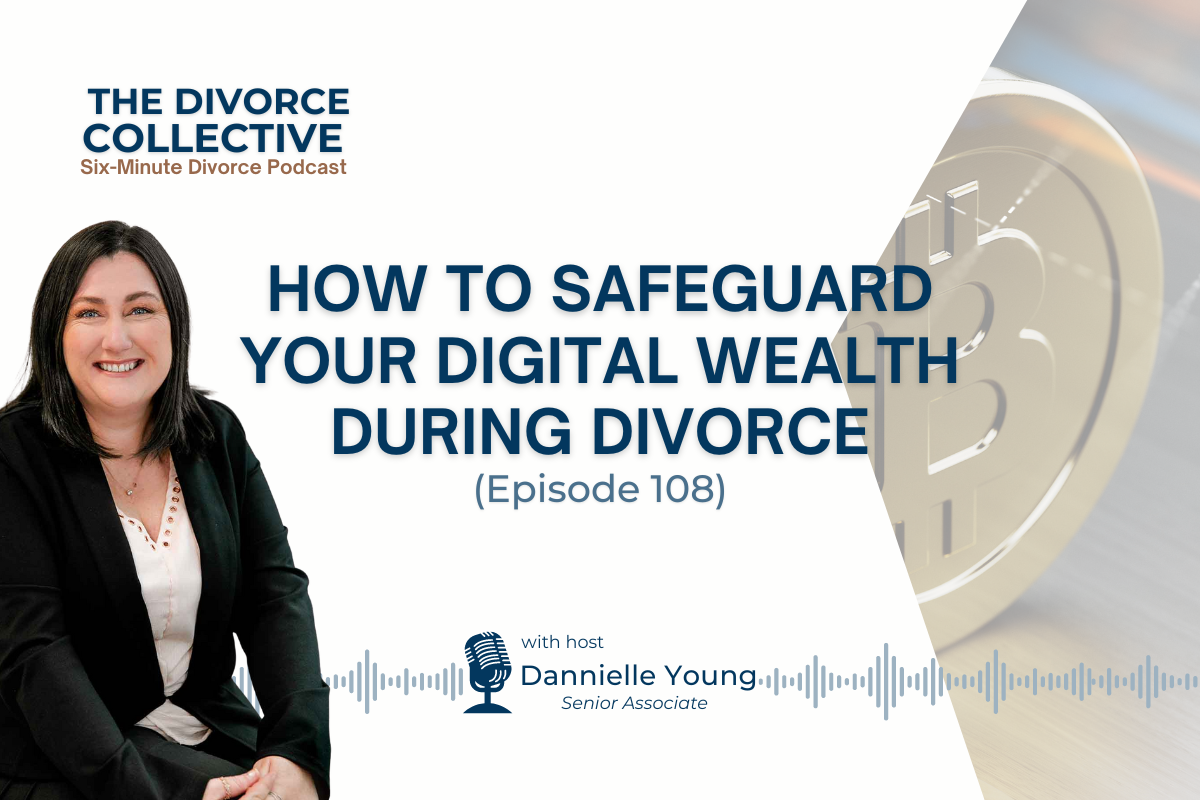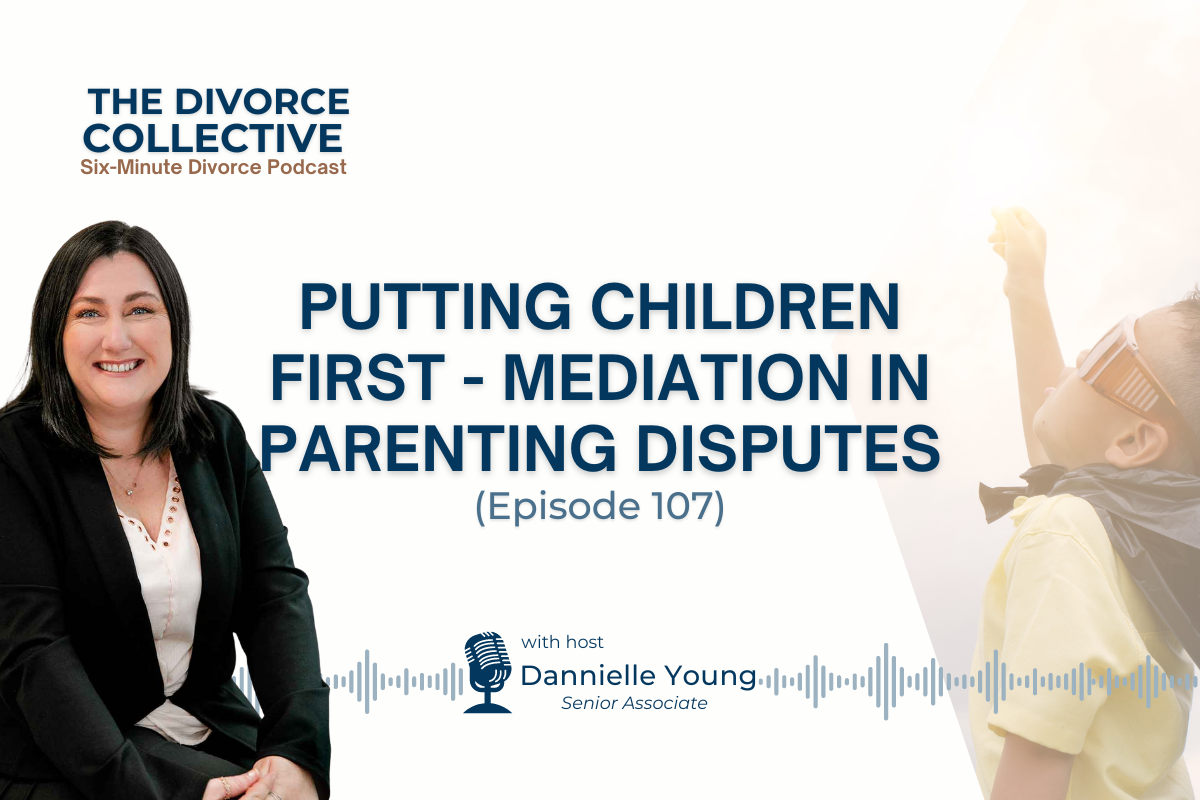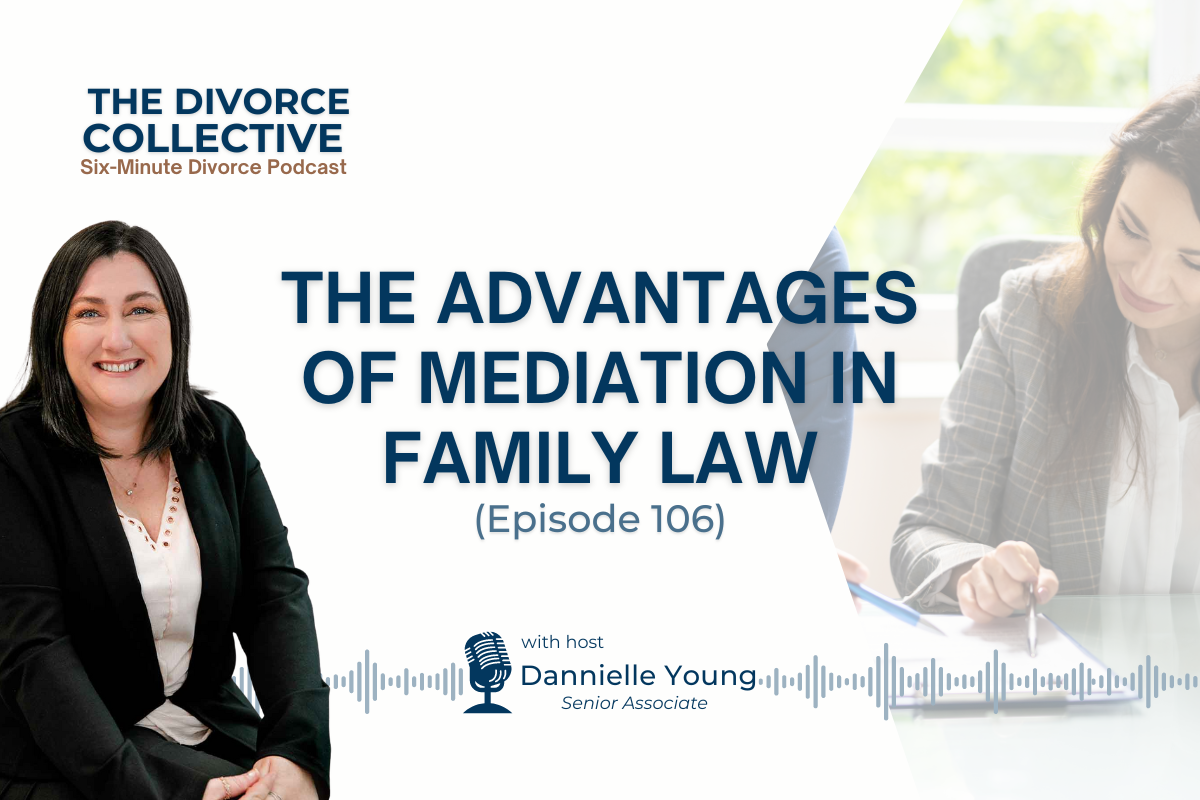I covered What to Expect at a Trial in the latest episode of The Divorce Collective Podcast. For those of you who prefer to read, here you go!
While I hope you never have to experience a trial for your family law matter, the sad reality is that some matters need Judicial determination.
So what are some things you need to know?
First the most important is to ensure that you have re-read all the material filed in your matter. It is imperative that you are familiar with your case and the evidence that you have given (which appears in your Affidavit material filed in the proceedings).
When you enter the Courtroom, you will sit behind your solicitor at the front of the Court. There will be a division with rows of seats behind you and your lawyer, that is where the public sit or anyone who is attending to listen to the trial will sit (for example your mother, partner etc). Anyone who is a witness will not be permitted into the Courtroom until after they have given their evidence and been cross examined about their evidence.
When the Court is ready for you to be sworn in to be cross examined. You will be asked to enter the witness box and you will be asked if you wish to give an oath or affirmation. An oath is given over the bible (the typical place your hand on the bible, swear to tell the truth the whole truth and nothing but the truth thing). An affirmation is not done on the bible (you affirm that the evidence you shall give shall be the truth, the whole truth etc). The Court Officer will take you through that, so don’t worry it will be explained to you and you simply select oath or affirmation and do and say what the Court Officers tells you to.
If you are a party to a matter or if you are a witness in a matter, then you will be required to be put in the witness box. If there is anything in your material that is incorrect (say for example a date is incorrect or something like an event is incorrect) then it is imperative you tell your lawyer before the first day of trial.
The Barrister for the other party will then ask you any questions they might have about your evidence and about what is contained in your Affidavit. If you do not understand the question asked of you then you should say you do not understand and ask the question to be repeated. You should answer only the question that is asked of you and try not to expand unless specifically asked by the Barrister. You should at all times be honest in your answers. If you do not know the answer or if you do not recall something that is being asked then you should say you don’t know or you cannot recall. Do not try to guess the answer. Do not try to guess what direction the line of questioning is being taken by the Barrister. Don’t worry about what the Barrister is trying to do or say or make you say. They will try to confuse you or try to put holes in your evidence in your affidavit. They have a job to do and that is to challenge the evidence you have given. Your job is to simply answer honesty, respectfully and directly.
After the Barristers have finished with any questions they have of you, then you will be released from the witness box and take a seat back behind your solicitor to watch the rest of the trial. The other will then be cross examined. Any experts (family report writers, valuers) and witnesses will also be questioned.
When the trial is concluded the Judge may deliver their decision and judgement on the last day. However, they may reserve their judgement. What that means is that they will take some time to consider the evidence in the subpoena material that has been tendered, the evidence in the affidavit material and the evidence that they heard at the trial from each party. They will then call the matter back before on another date to deliver the decision and judgement. The judgement is usually long as the Judge must at law go through the reasons, they have made the decision and Orders they have, what weight they have put on any particular piece of evidence considered and explain why they have ruled the way they have. This is an important step as Judges will need to ensure that the reasons, they give do not give rise for any party to appeal their decision.
Once the decision has been made the matter is finalised. Any party however has the right to appeal the decision made. Generally any appeal must be lodged within twenty-eight (28) days of the Orders being made.
This is a crash course on what to expect at the trial, but it is always a more empowering feeling to have a say in the way you resolve your matter and to do that you need to negotiate and compromise. Take heed of your lawyers advices. Contrary to public opinion we are here to try to help you resolve your matter without needing to resort to litigation.





